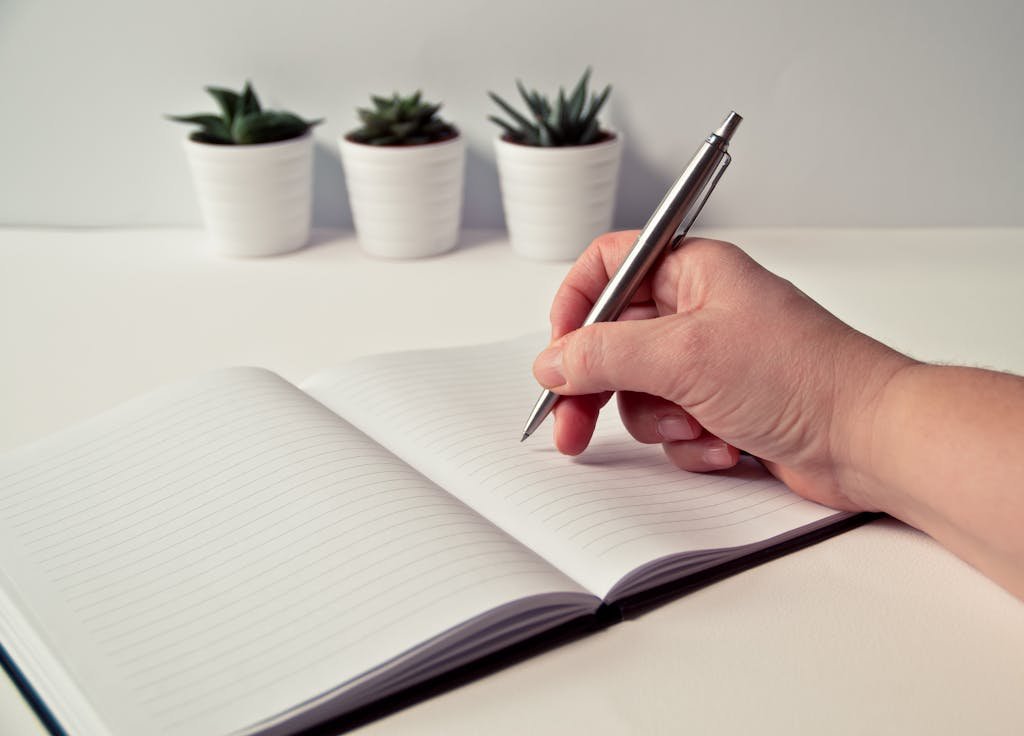Write better content: Use this trick every journalist learns to enhance your copy
Does your copy fall flat? Would you like to write with the punch and verve of your favourite writers?
I trained as a journalist nearly 15 years ago. The two courses I took taught me everything I know about using powerful words. Over the coming weeks I’ll be sharing the lessons I learnt, and still use every day.
Today I’m going to share one the writing trick that will add the energy you’re missing to everything you write. It’s rather simple.
Lose the adjectives.
“Adjectives should not be allowed in newspapers unless they have something to say.”
Keith Waterhouse, author of Newspaper Style
Too many writers think lots of adjectives add substance and style. They don’t. Adjectives clutter your prose with unnecessary words that obscure rather than enhance your meaning.
Good writing, journalistic or otherwise, depends on clarity. Like a newspaper, if your blog or website – doesn’t capture a reader’s attention immediately they will turn the page or click away.
Simplicity is the golden rule. Whatever you are writing should be clear, easy to understand and easy to read. I was taught that if a sentence can’t be understood on the first reading, the fault is with the writer not the reader.
The problem with adjectives is they are often lazy, vague and pose more questions than they answer. Unless they are specific, and vital to the story, they add little.
Good writers are those that keep the language efficient. That is to say, keep it accurate, keep it clear.’
Ezra Pound, American poet and critic
Show don’t tell.
With the golden rule of simplicity in mind, every word your write must earn its place. Most of the time adjectives don’t.
Which sentence is a better description of this scene?
- The small girl couldn’t reach the high shelf
- The girl stretched her arm and stood on the tips of her toes but the shelf was out of her reach.
In the first sentence the adjectives ‘small’ and ‘high’ tell us very little and leave us wanting more information. How small? How high? The words don’t show us a picture.
The second sentence enables us to picture the scene in our minds and without any adjectives describes the scene more effectively.
So how should you write great descriptions?
Use interesting, strong nouns and verbs eg. ‘The girl stretched her arm’ above.
Specific, concrete words are easier to read and strike a more powerful note with readers than general or conceptual words. Concrete language is powerful language.
So if and when you do use an adjective make them specific eg. the ‘green and blue dress’, not ‘the colourful dress’.
Take action – complete these exercises
First, the ‘power of description exercise’:
The feature writing teacher on my journalism course gave us this exercise to test our powers of observation and ability to write descriptive pieces. Try it.
Take yourself to a cafe, park or other public place. Spend 15 minutes observing the activity, or lack of it. Then spend a maximum of 30 minutes writing between 150-200 words describing what you saw using ONLY TWO adjectives. If you can do it without using any, even better…
When I did this, I went to my favourite local cafe. But I’ve also practiced by just looking out of the window at my garden and writing what about what I see. Here’s an excerpt from what I wrote back in 2003:
‘Smoke hung in the air of the cafe. It’s lunch time and people come in and out, ready to relax.
‘The waitress is behind the counter, her hands whiz over the coffee machine. She scoops out coffee as steam rises from the milk, then spoons the milk and froth into the waiting cups. She scratches her head and smiles at the customer. She seems to know him.”
Notice the difference in your writing compared to how you write normally. You should find there’s life in the words you’re written, and an energy that takes you into the story by showing not telling.
Cut your own copy
“As to the adjective: when in doubt, strike it out.”
Mark Twain
Find the most recent blog post or article you’ve written. Highlight all the adjectives. If the word is relevant and adds something to the information you are giving, leave it in. If it doesn’t, delete it. Your copy will be better for it.
Get to it!


